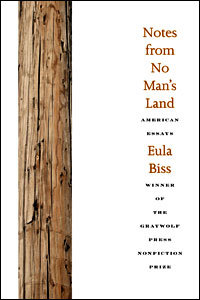My fiancee found this particular collection on Amazon, and recommended it highly. I’ve been reading a lot more contemporary poetry in the last few years, but it’s still very much unfamiliar ground for me. bone is an independently published collection of poetry, available both in print and at a very attractive price as a Kindle Edition (which is how we read it). Almost all self/”independently”-published poetry collections are very bad, but bone is clearly one of those exceptions that prove the rule.
Yrsa Daley-Ward’s poetry is both lyrical and highly narrative, reminiscent in effect, if not in style, of Raymond Carver’s story-poems. These poems are autobiographical, and together they function not only as verse but as memoir. They are very, very good, and they hit you like something with some serious kinetic density. Much like reading Cormac McCarthy, I had to stop and sit for a while after many of these individual poems, and again after finishing the collections and feeling their collective weight.
While there is no doubt an interesting conversation to be had about Amazon, about publishing in general and the self-publishing of poems in particular, I don’t want to talk about that right now. However this collection made it out into the world, it did, and it’s fantastic -this has become my new all-time favorite collection of contemporary poetry. I tried to contact Yrsa Daley-Ward to express my feelings of admiration and to inquire as to where I could obtain here previously published short story collection, (out of print and unavailable) but she only seems to be available on Twitter. Maybe this means I’ll have to take the plunge and Tweet myself.
Recommendation: Go buy it, go read it! Fucking hell, these poems are good.

